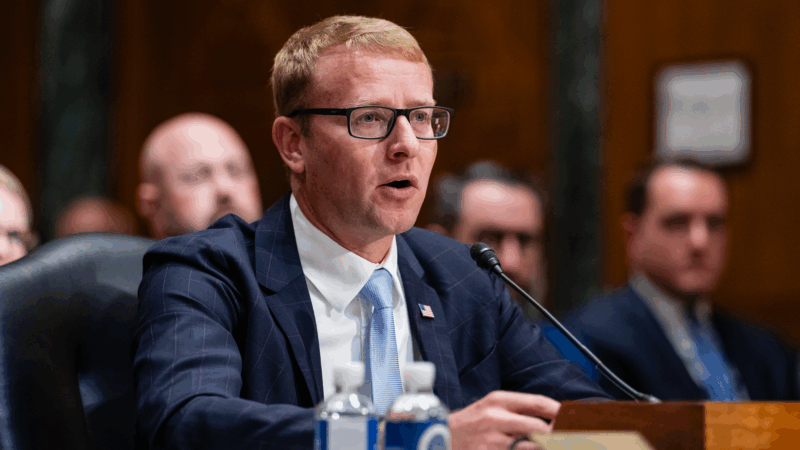State Superintendent Says Alabama’s Education Standards Shouldn’t Be Political
The Common Core State Standards have become a target around the country for some politicians and advocacy groups. Released in 2010, they’re math and language arts standards intended to raise rigor and establish consistency across the nation. Alabama’s version, the College and Career Ready Standards, survived an attempt at repeal by state lawmakers this spring. State superintendent Tommy Bice tells WBHM’s Sherrel Wheeler Stewart about these standards and the controversy surrounding them.
From Defining Things to Understanding Them
After state officials polled numerous universities and jobs of recent high school graduates, they found that most said students had an inability to apply their knowledge to the real world.
Bice says the College and Career Ready Standards help students achieve a better grasp on the subjects they’re taught in school, which then allows them to better apply this knowledge post-graduation.
“We still teach the basics of mathematics, of phonics, of all those things we’ve always taught that are foundational to children being able to understand,” Bice says, “But then we asked them to show that they understand it in a variety of ways.”
Who Sets the Standards?
Alabama is not the only state attempting to streamline the public education process.
Bice recall the first Common Core meeting, and says it’s a group effort.
“I’m the only living human being in the state of Alabama that was at the first meeting however many years ago when we decided there would be collective value if the 50 states came together and talked about what works best for you or us or them in mathematics or English language arts,” Bice says.
State officials then brought this process to Alabama to develop state standards.
“We brought in teachers, principals, professors to review those standards, determine if they thought those would be best for Alabama students,” Bice says. “In the state of Alabama those groups thought we needed more, so they added standards to them.”
This led to the creation of the College and Career Ready Standards, earning its name because of its own Alabama-specific guidelines. Even though it was included in some federal grants, Bice says he has never answered to anyone outside of Alabama about the state’s standards.
“They really do belong to us,” he says, “But there are commonalities between ours and many other states across the nation.”
Why is there Still Resistance?
Although there has not been legislative movement in Alabama to repeal the standards, some are still angry about them, and say Common Core’s creation is purely a federal scheme to gain control of education.
Bice explains that state officials have been aware of this, and are maintaining control of Alabama’s own educational guidelines.
“In Alabama we’ve been very careful to maintain our sovereignty,” he says, “and not give away any of our rights to do this.”
Bice also says keeping the standards focused on education rather than politics is what will keep them alive.
Offshore wind developer prevails in U.S. court as Trump calls wind farms ‘losers’
A federal judge ruled Monday that work on a major offshore wind farm can resume, handing the industry at least a temporary victory as President Trump seeks to shut it down.
Minnesota officials sue to block Trump’s immigration crackdown as enforcement intensifies
More than 2,000 federal immigration agents are in Minnesota, and that number is expected to increase. On Monday, an NPR reporter witnessed multiple instances where immigration agents drove around Minneapolis — and in parking lots of big box stores — and randomly questioned people about their immigration status.
In photos: A week of protests against ICE
People across the country gathered to protest against ICE over the past week.
Elon Musk’s X faces bans and investigations over nonconsensual bikini images
After the social media app's AI chatbot started generating sexualized images of women and children, two countries have blocked it and several more have launched investigations.
Trump administration tells states to end ‘orphan tax’ on foster kids
There's a growing move to end what some call "the orphan tax" and stop states from taking benefit checks from children and youth in foster care.
Flu shot recommendation for kids dropped just as the illness rages
The Centers for Disease Control and Prevention dropped its advice that kids get an annual flu shot at a time when flu cases and hospitalizations are surging.






